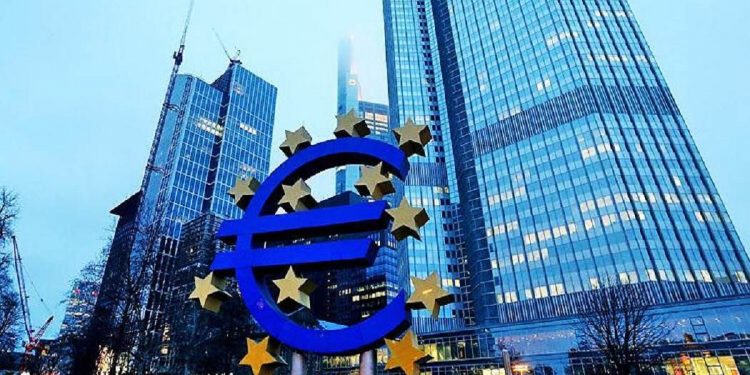The ECU will be tweaking its approach to setting rates as it begins the global economic downturn with the European Central Bank looking to tighten its grip on the purse strings of its currency. In doing so, it has been trying to combat falling oil prices which have driven up inflationary pressures that are making the consumer pay more for basic goods and services. It has been trying to pump more cash into the economy by buying bonds, government bonds, and even corporate bonds in an attempt to get the inflationary pressures back under control. But is this strategy working?
To understand whether or not the ECU is trying to fight inflation with a tighter monetary policy, it is necessary to understand what is meant by base interest rates. These are the interest rates that are charged when a lender loans money to an individual. The base rate is also known as the lowest rate at which lenders can lend and still make a profit. With base rates being determined by a wide range of factors, the base rate is subject to changes constantly as they fluctuate between zero and a negative level. They are also affected by the amount of excess capacity that exists in the financial system due to excess capacity causing banks to charge more interest.
One of the things the ECU will be looking to do is increase the rate of base interest it charges in order to bring down the cost of borrowing from the banking sector. In fact, this has been one of the reasons that the ECU has moved aggressively to raise rates in order to bring down the inflationary pressures. However, although this tightening of the purse strings has reduced the cost of borrowing for the banks, this will only be temporary as they will begin to attract more business to the base interest rates come down. If they go too low, they will risk losing their business and losing money. Therefore, it is important to remember that they will probably only go down as far as the base rate before they start retrenching.
There have been indications that the ECU will closely follow the Bank of England’s policy of keeping short-term interest rates on hold, which means they will probably only be slightly lowering them over the next few weeks. This means that mortgage holders and those with refinancing in mind will not feel the full effect of the base rate reduction. The Bank of England has indicated that it will keep rates on hold until at least July. In addition, it is thought that it will be a while before rates start rising again after August when the effects of the base rate cut are felt.
The BoE has issued a warning that it could hike up base interest rates if inflation pressures continue to persist. It said that it may take a further month or so before it makes a move as the economic recovery is still slow and there is still uncertainty about the outlook for global growth. It added that it was important for people to continue to take advantage of all the benefits of low-interest rates, which it said was helping to make the economy more resilient despite suffering from the global credit crunch. It also said that the inflationary pressures that are being felt across the globe should be taken into consideration and that it remained focused on achieving its long-term targets of 2 percent inflation. Inflation is expected to remain below this mark for now.
The BoE is also reported to be considering making an increase in base interest rates once the economy begins to show signs of recovery. In July, it said that it might raise base rates if inflation was to rise above its target level of 2 percent. However, it stopped short of actually predicting rates would be adjusted. The BoE said that it will stick to its plan of raising base rates by mid-year and beyond.
The BoE said that its decision to raise rates was driven by the need for it to bring its inflation to an end and to raise cash inflows. Its chief economist Nickenger said that while the inflation outlook was broadly positive, it was too early to judge the strength of the recovery. He added that while the BoE was watching the performance of its export market, it was also studying the performance of its national economic indicators. He said that a number of indicators including the Retail Trade Index (RTI) were pointing to a subdued recovery. He said that the BoE’s inflation-over-growth rule, which dictates that interest rates move with economic indicators such as industrial output, remained in place and there was no sign of a break out in inflation. The BoE said it would continue to follow its rule despite signs that inflation may be edging up.
the ECB chairwoman, Janet Yellen, is expected to confirm that the BoE will keep its current plans to raise base interest rates. She is due to speak before the EU Parliament’s finance committee on Thursday. The BoE has been waiting for the EU to respond positively to its offer of a stimulus package in exchange for its support for the Bank of England to hike its base rates. The BoE made a similar offer to the UK and is not expecting a positive response from the EU.






























